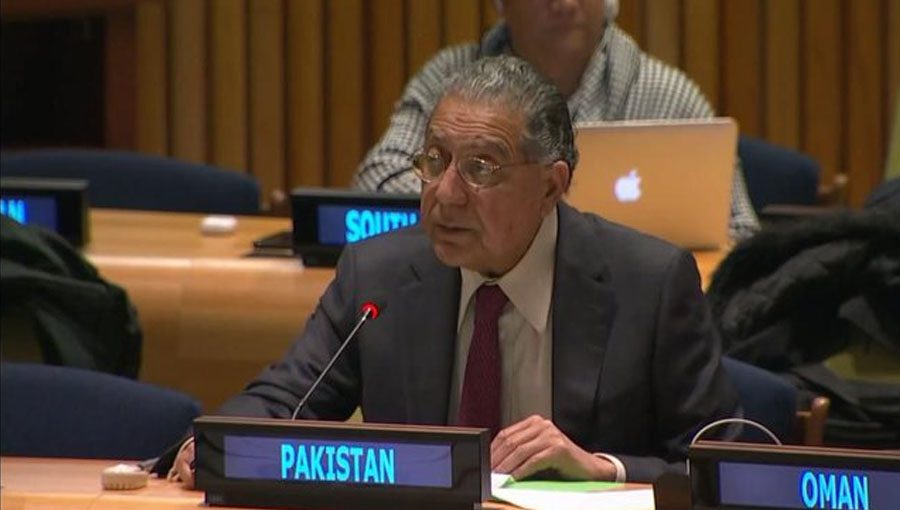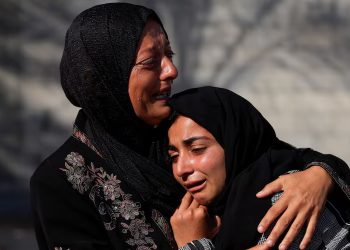NEW YORK: Pakistan has voiced concern over the increasing debt vulnerabilities of developing countries, and called for strengthening the international financial institutions for long-term debt sustainability.
Speaking in the UN Financing for Development Forum on behalf of the developing countries Group of 77 and China, Ambassador Munir Akram said the developing countries were facing a triple challenge — Covid-19, environmental and economic — exacerbating the existing inequalities within and between countries.
“It is feared that owing to the extreme economic hardship, unsustainable debt burden, high borrowing cost, rising inflation, illicit financial flows, and difficulties in accessing concessional finance, many developing countries would not be able to recover soon from the crisis and achieve the SDGs (Sustainable Development Goals),” he said.
Pakistan is the current chairman of G-77 and China, which now has 134 members and is the United Nations’ biggest intergovernmental group of emerging countries.
Road to recovery from Covid-19 Pandemic and achievement of the 2030 development agenda would first of all need ensuring equitable access to safe and effective Covid-19 vaccines at affordable prices, the G-77 chairman said.
The Group, he said, also calls for the elimination of safe havens that create incentives for the transfer of stolen assets and illicit financial flows, and emphasizes the return of stolen assets to the countries of origin.
The Group reiterates its call for the upgrade of the Committee of Experts in Tax Matters to a UN intergovernmental body as there is still no single global forum for tax cooperation at the intergovernmental level.
Public financing should be scaled up to catalyze private investments in sustainable and resilient infrastructure that will help to achieve the 2030 Agenda, with the UN system providing support to the developing countries for maintaining a pipeline of bankable projects.
The Group urges developed countries to fulfill their unmet Official Development Assistance (ODA) commitments to developing countries to achieve the national target of 0.7 % of gross national income (GNI) and 0.15 to 0.20 % of ODA/GNI to the least developed countries.
In addition, Ambassador Akram said the Group emphasises special and differential treatment for developing countries in harnessing the developmental benefit of international trade.
States are strongly urged to refrain from promulgating and applying any unilateral economic, financial or trade measures not in accordance with international law and the UN Charter that impede the full achievement of economic and social development.
While appreciating historic allocation of $650bn SDRs (Special Drawing Rights), the envoy said countries with strong external positions should voluntary channel at least $250bn SDRs to all developing countries.
“We therefore call upon the developed countries to honor their commitment and provide financial resources of at least USD 100 billion per year to assist developing countries in their climate change actions with at least half allocated to adaptation.” he added.



































